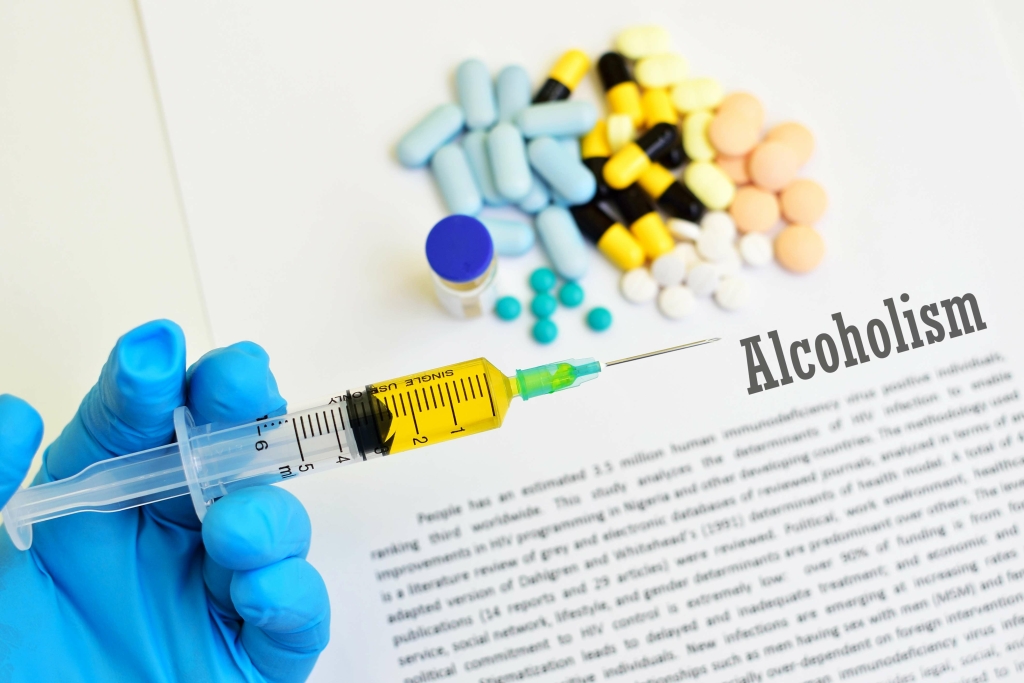Another way to express gratitude is to write thank-you notes to the people who have made a difference in your life. One of the simplest and most effective ways to practice gratitude is to keep a gratitude journal. It can be anything from the big (e.g., “I’m grateful for my sobriety”) to the small (e.g., “I’m grateful for a sunny day”). In your journal, take time to note down the things and events of the day that you’re grateful for. Whether it’s a chance to sleep a little later in the morning or a meeting with an old friend, note it down. Your entries create a picture of all the positive things in your life that you may never have noticed while using drugs or alcohol.
Why Changing Your Environment Can Help with Sobriety
By understanding the science behind gratitude, individuals in recovery can see it as more than just a mindset—it’s a powerful tool for healing. The consistent expression of gratitude has enabled many to rebuild damaged relationships and enhance their support networks. Individuals often report that expressing thanks to those around them has led to deeper, more trusting connections, essential for their ongoing recovery process. As one grateful individual remarked, “Embracing gratitude has shown me that recovery isn’t just about quitting something; it’s about appreciating life anew.” Maintaining supportive relationships can reduce feelings of loneliness, an all-too-common experience in recovery. Regular expressions of gratitude help rebuild and repair relationships that may have been damaged during addiction.

What is the role of gratitude in building resilience and mental strength during recovery?

I love these birds, so it is time to do something so they will love me back. Awareness is necessary, but not sufficient, for the fulsome practice of gratitude. We must also become active stewards by caring for the natural world that already cares for us. The embrace earth gives us must be returned by our embrace of the earth, just as recovery from addiction is maintained by carrying the message of sobriety to those still in need.
At Arista Recovery, we’re here to help you continue with best-in-class care designed for long-term healing and support. If you feel you need more help, please contact us for more information or for assitance to find the right marijuana addiction type of support for your recovery goals. Breaking the Cycle of Relapse for Women If you have been through detox more than once, tried outpatient programs, or…
When that muscle grows strong enough, we will reflexively notice the good, and we will see something’s benefits before its real or imaginary drawbacks and limitations. Moments of quiet contentment were few and far between because our brain was often demanding alcohol or other drugs, and our addiction gave us little choice in the matter. When someone is addicted to drugs or alcohol, getting and using them becomes a priority – and recovery should be a priority as well. The steps of your recovery plan should be at the top of your list, consistently.
The Physical and Psychological Symptoms of Heroin Withdrawal
- Grateful individuals tend to have a more optimistic outlook on life, which can lead to increased resilience against relapse.
- Together, these practices promote emotional regulation, reduce stress and anxiety, and enhance overall mental well-being.
- Positive thinking and a positive outlook can influence behavior and aid in leading a sustainable recovery-oriented life.
- Compassion Recovery Center offers Outpatient Detox services, which can include MAT treatment online, integrated into our Virtual IOP Program and Partial Hospitalization Program (PHP).
- Gratitude has emerged as a vital component in recovery processes, offering psychological, emotional, physical, and social benefits.
- Integrating gratitude into recovery not only enhances individual experiences but also contributes to the community atmosphere essential for long-term success.
We can all make temporary changes, but we soon slide back into old habits unless we constantly apply our willpower. Although faking it until we make it can be a useful strategy, it isn’t the same as successfully settling into a different way of life. There are many free guided meditations on different meditation apps or YouTube.
- Mindfulness helps by allowing individuals to observe cravings and emotional responses without immediately acting on them.
- Dr. Adriana Popescu is a licensed clinical psychologist, addiction specialist, and empowerment coach with over 20 years of experience in the mental health field.
Techniques such as mindful meditation, body scans, and breathing exercises help manage triggers, intrusive thoughts, and emotional fluctuations. These practices support mental health by reducing anxiety, depression, and impulsivity, all common challenges faced during recovery. Incorporating acts of kindness, such as volunteering or supporting loved ones, reinforces feelings of connection and purpose. Starting the day with positive affirmations about oneself and one’s recovery journey can also set a grateful tone. Creating routines that blend these practices creates a supportive framework.
Gratitude and Recovery
This shift in mindset is a powerful tool for preventing relapse and building a fulfilling life. Cognitive Behavioral Therapy (CBT) is a cornerstone of addiction treatment, helping individuals identify and change negative thought patterns and behaviors that contribute to substance use. There’s a strong synergy between CBT principles and the practice of gratitude, making them powerful allies in the recovery process. Incorporating gratitude into daily practices plays a significant role in the journey of addiction recovery.
This practice shifts the focus from the challenges of the past to the possibilities of the future. Gratitude helps individuals in recovery to develop a more optimistic outlook, fostering resilience and reducing the risk of relapse. By acknowledging the support of loved ones, the opportunities for growth, and the progress made in recovery, individuals build a foundation of positivity that bolsters their commitment to staying clean.
These support networks are vital in recovery, providing emotional encouragement and accountability. Moreover, gratitude boosts motivation to stay sober by reminding individuals of their achievements and the support they have received. It supports emotional regulation, decreases stress, and fosters a sense of purpose. Science-backed evidence highlights that gratitude improves mental and physical health—boosting immune function, lowering blood pressure, and promoting better sleep.

For instance, online CBT therapy sessions might include discussions on identifying negative thought patterns and replacing them with more positive, grateful perspectives. Group therapy can provide a safe space to share things you are grateful for, reinforcing the practice and fostering connection with others on a similar path. It’s more than just saying “thank you” when someone does something nice for you.
How to Minimize Discomfort During Drug Detox
You also notice the small improvements you make, the support you get from friends and family and the beauty of sober living. Changing your language can help you focus on the good in the world, in others and in yourself. When you do this, you’ll start to unconsciously and effortlessly practice gratitude throughout the day. Now that you know what practicing gratitude is and how it can help you, here are eight easy ways to incorporate it into your recovery journey. Reserve five minutes each morning to offer appreciation while you enjoy a cup of coffee, head out for an early run or even after you hit the snooze button (the first time). Keep it simple or more profound, but make sure to gratitude and recovery start each morning in thankfulness and set the tone for the day.
